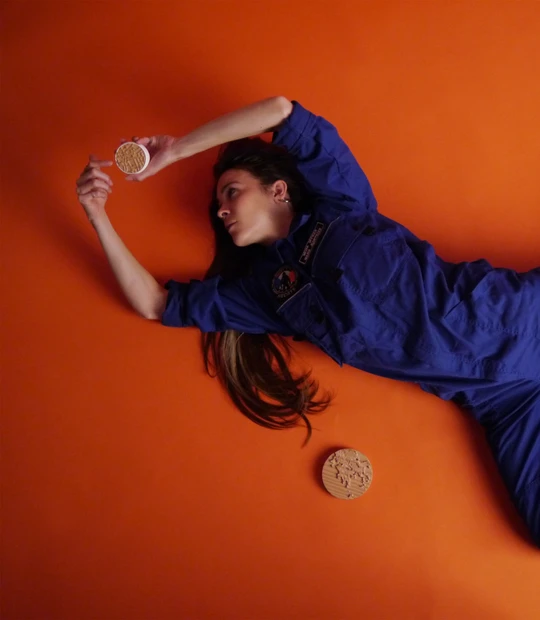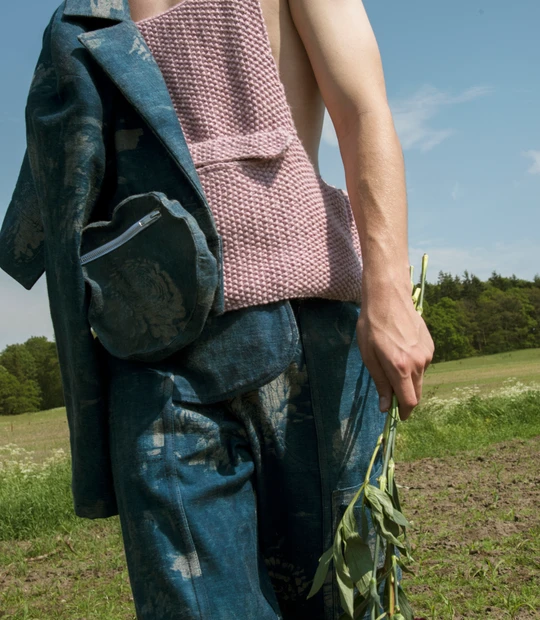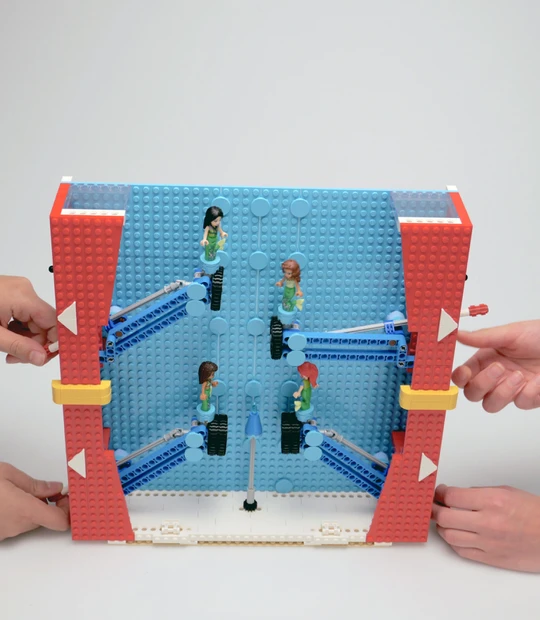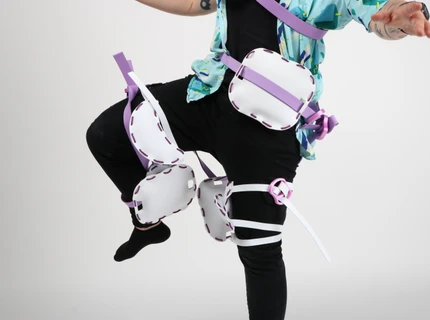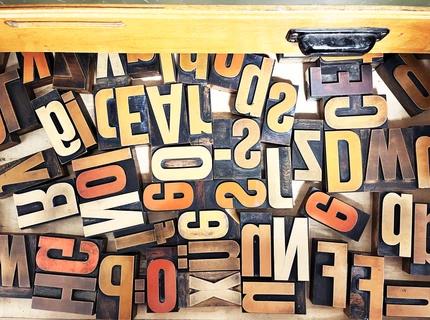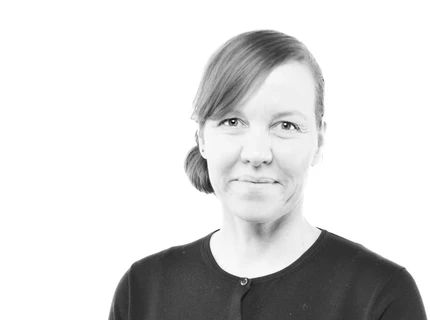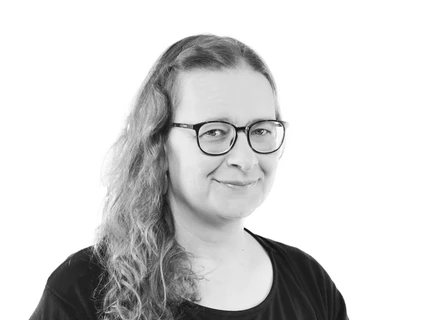Master's degree programme
- DURATION
2 years / 120 ECTS
- APPLICATION DEADLINE
1st of March at 12PM
- ENTRANCE EXAMINATION
No
- SEMESTER START
September
- TUITION FEE
€ 32,000 for 2 years / 120 ECTS credits for non-EU/EEA citizens
- PLACE
Kolding School of Design
Kolding School of Design's Master's programme is for you who
- want to have an influence on your own education and feel that you do
- can apply your knowledge and practice as well as develop and advance your design professional level from the BA programme
- likes to explore and has room for wonder
- is a knowledge resource and may want to be involved in artistic development work
- has deep knowledge and professionalism and at the same time manages to be pragmatic and thereby create change
- would like to become aware of your own professional identity as a designer in order to contribute to the profession and to the world
About the Master's programme
You do this in the form of practical upskilling based on the highest standard within your field of expertise. But also in the form of project work, where you are challenged to develop the field's methods and techniques by working with issues within your focus area. In other words, the Master's programme sharpens your awareness of relevance and context, while at the same time developing your skills in design.
Through the education, you get to influence how you want to develop your professional skills and specialise in that which you are passionate about. You receive continuous guidance from professional experts who want to meet you exactly where you are in your design process.
At the beginning of your studies, you will receive a specialised course over five weeks in design practice and prototypes within your subject area, so that you can develop your design at a high aesthetic and functional level. It is essential that you are equipped to put your design solutions in a relevant context with a high degree of finish and high fidelity.
During the course, you will be offered various workshop and technology-driven masterclasses.
Before you hand in your Master's project at the end of the programme, which must be carried out in collaboration with an external partner, you will do an internship and test your skills and competences.
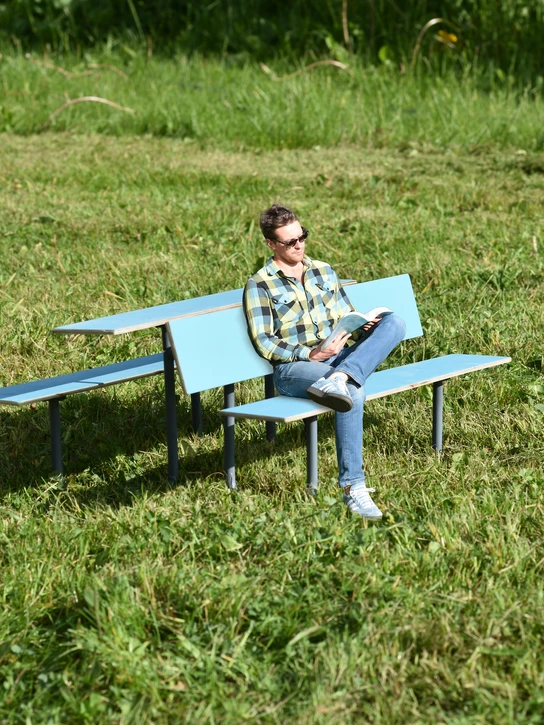
The five subject areas
- Accessory Design
- Fashion Design
- Industrial Design
- Communication Design
- Textile Design
In your application you must choose the subject area in which you wish to develop and advance your design projects, as you will receive professional sparring, guidance and be challenged on your practical skills within that specific subject area.
This means that if, for example, you have a bachelor's degree in Textile Design and want to continue developing yourself professionally in this field, you must choose Textile Design. If, on the other hand, you want to move from the Textile Design to the field of Communication Design, you must choose Communication Design. Whether you are accepted to the programme will depend on the quality of your portfolio in relation to the subject area in question.
If you come with a bachelor's degree that covers several of our subject areas, you must choose the area in which you want to improve your skills.
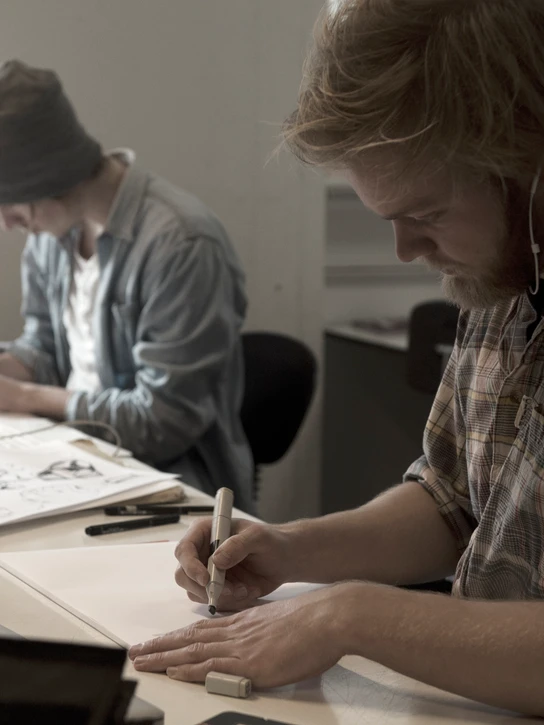
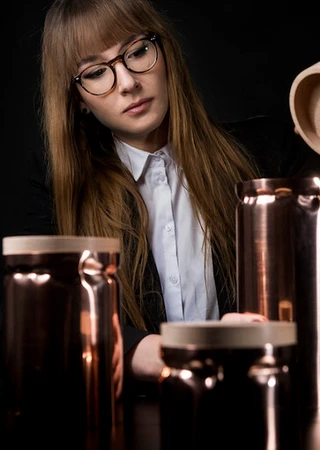
“Along with your subject area, we ask you to choose between 3 thematic focus areas. The focus areas are a unique opportunity to link and develop your subject area and your learning to topics and industries that you are passionate about and see yourself contributing to in the future.”
Focus areas
Studio facilities at Kolding School of Design
Design School Kolding provides a number of workshop facilities that you are able to use after receiving instructions. The workshops allow you to work with materials and manufacturing of prototypes and provide a space for you to constantly develop your talent in relation to your speciality.

Here you can find answers to a range of questions about the admission process at the Master's level
Is a specific grade point average required to apply for admission?
There is no required quotient for your qualifying exam. You must simply have passed.
Do I have a qualifying exam?
You can apply for the Master’s Degree Programme if you have a relevant BA degree or similar, see more info here.
If you wish to apply, you must submit your application online by 1 March in the year you wish to be accepted. Graduates of Kolding School of Design's Bachelor Programme are automatically accepted to the Master’s Degree Programme the year they graduate. If you wish to apply, you must contact the Study Administration by 1 March in the year you wish to be accepted.
I will not be passing my qualifying exam until the summer. What should I do?
If you will not be passing your qualifying examination until the summer, you should still apply at our website. However, you must state clearly that you are still studying, and upload proof of studies stating your expected graduation date from your current place of study, as well as a transcript of records (passed exams so far). As soon as possible you must send us your BA diploma, or a transcript of records stating that you have finished your degree. Design School Kolding must receive this on 1 August at the latest.
What should I do if I don't have a qualifying exam?
You may apply for exemption from the qualifying exam if special circumstances apply. The application must be in writing and be substantiated, and any relevant documentation must be enclosed. The application will be processed by the Study Administration. The exemption application has to be handed in along with the rest of your application for admission.
What should I do if I have a disability?
The school can make special consideration for certain types of disabilities. Applications for special considerations must be attached to the admission application along with all necessary documentation. The school must receive the application by 1 March in the year you wish to be admitted.
I have a non-Danish exam. Can I still apply?
Please go to 'Do I have a qualifying exam?'
I already hold a Danish Master's degree. Can I still apply?
If you already hold a Danish MA degree, you cannot be accepted to the programme unless special circumstances apply. Please contact the Study Administration if you have any questions.
I have a non-Danish Master’s degree. Can I still apply?
If you already hold a non-Danish MA degree, you cannot be accepted to the programme unless special circumstances apply. Please contact the Study Administration if you have any questions.
What does study programme mean?
The study programme is the programme you wish to follow. At Kolding School of Design, you have three study programmes to choose from:
• Design for People
• Design for Planet
• Design for Play
Are there any admission interviews?
Kolding School of Design does not conduct formal admission interviews. Instead, you are asked to upload a short film as part of your application. However, if we need you to elaborate on your application, we might subsequently ask you to participate in an online interview.
Can you tell me more about the film?
Please make a two-minute video pitch to present yourself and your professional background. For one of the two minutes you must speak directly into the camera.
Can you tell me more about the tuition fee?
There is not a tuition fee for the Master’s Degree Programme for applicants from EU or EEA countries. For other international applicants, the tuition fee amounts to € 32,000 for the full 2-year programme (120 ECTS credits).
For more information, please contact the Study Administration.
Are there any scholarships?
Kolding School of Design offers three scholarships to non-EU/EEA citizens. You can read more about them here
The Danish State Educational Support (SU)
The Danish State Educational Support (SU) is generally only awarded to Danish residents. If you are an EU/EEA student you may, however, apply for equal status in so far as the state educational support is concerned. You may be granted equal status according to:
• EU law
For details on how to apply, visit the website of the Danish Education Support Agency.
How do I apply for Visa?
If you are accepted, Kolding School of Design will begin the Visa application process for you.
Accommodation
All young people, who are taking a government-approved education can apply for at student flat. There is a housing guarantee for all students who move to Kolding in order to study. Please visit the website Studentkolding.dk
Some students choose to share flats with each other. You can look for roomies on https://www.facebook.com/groups/DSKDUNDERGRUND/ where you can also get in touch with your future fellow students.
Kolding School of Design cannot help you find accommodation – this is your own responsibility.
Materials fee
All students at Kolding School of Design have to pay a materials fee. According to Kolding School of Design’s vision, the workshops are one of the most important elements. Kolding School of Design has several workshops, which all students have access to. The workshops supply various elements, which combined with the materials fee ensures, that the students have the materials necessary to ensure a high quality of the practical part of the education.
Insurance
If you are staying in Denmark on a residence permit, i.e., if you are here for at least three months, you are automatically included in the Danish Health Insurance Scheme after you have a CPR number. This gives you the right to free medical treatment by a general practitioner and in public hospitals.
Please note that with a few exceptions, expatriates from outside the Nordic countries and the EU are not covered by the Danish Health Insurance Scheme until six weeks after the date of arrival in Denmark. Such persons are advised to take out personal health insurance to cover those first six weeks.
Please visit the website StudyinDenmark.dk
Contact
Begin your training today
Design School Kolding welcomes all talented and motivated students to our Master’s Degree Programme.
